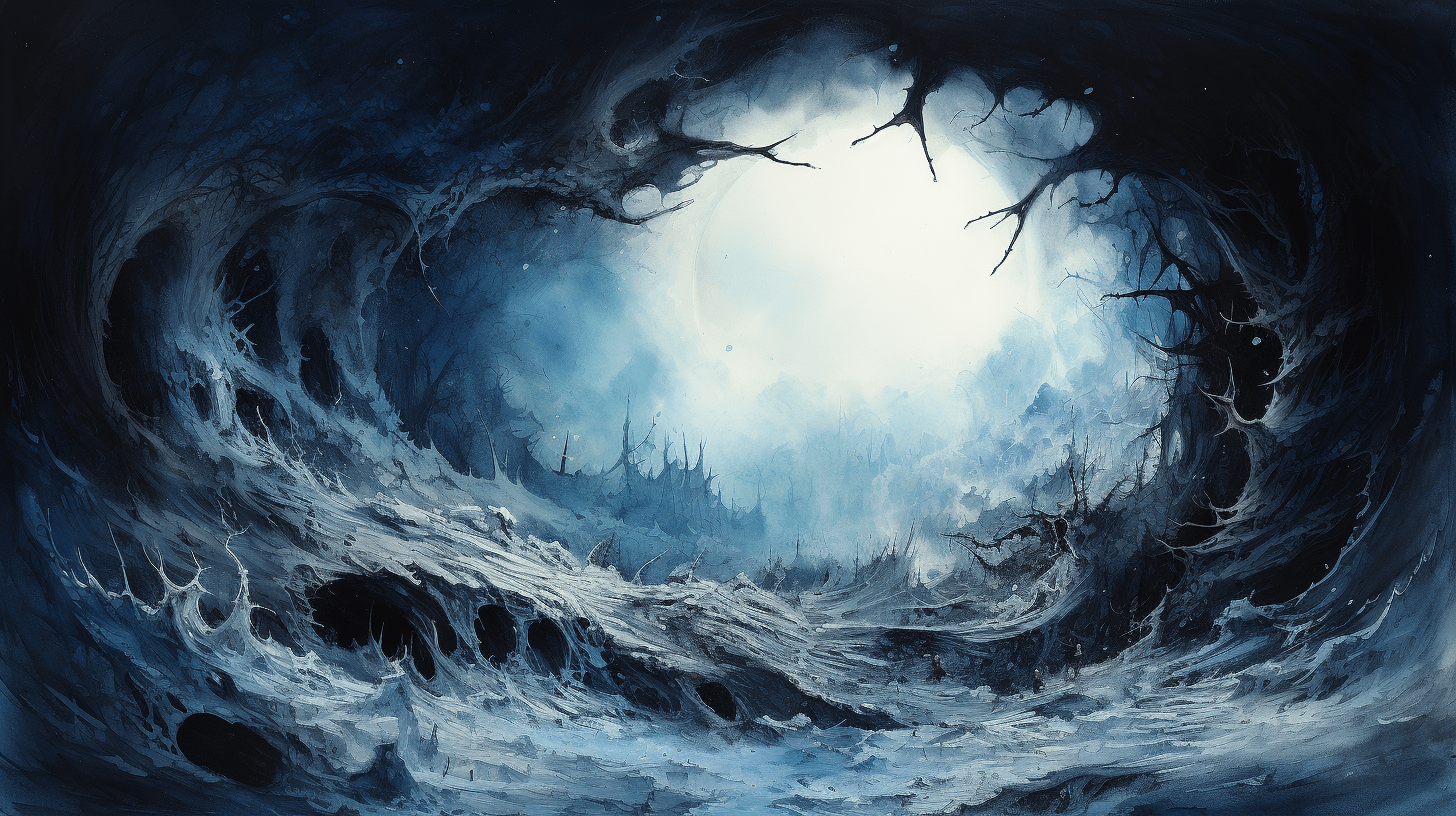What Does It Mean to Dream About an Abyss?
Exploring the Mystery and Meaning Behind Abyss Dreams
Have you recently woken up from a dream about an abyss—a dark, endless void that leaves you feeling unsettled or curious? Dreams of an abyss can be powerful and evocative, often stirring deep emotions or existential questions. But what does it really mean to dream about an abyss?
In this article, we’ll explore the symbolism, psychological interpretations, and common themes connected to abyss dreams. Whether you felt fear, fascination, or confusion, understanding these dreams can offer profound insights into your subconscious mind.
What Is an Abyss in Dreams?
Symbolism of the Abyss
An abyss is often described as a deep, immeasurable chasm or void. In dreams, it represents a wide range of emotions and concepts depending on the dreamer’s personal context.
Common symbolic meanings of an abyss in dreams include:
- The unknown or unconscious: The abyss can represent the depths of your subconscious mind—those parts of yourself you may not fully understand or have yet to explore.
- Fear or anxiety: A vast, dark void often reflects feelings of uncertainty, loss, or fear about the future or life changes.
- Transformation and renewal: An abyss can symbolise a transitional space where old parts of yourself fall away before a rebirth or new beginning.
- Emotional overwhelm: It may indicate that you are feeling swallowed or overwhelmed by emotions, responsibilities, or challenges.
Common Types of Abyss Dreams
What Different Abyss Scenarios Might Mean
1. Falling into an Abyss
Dreams where you fall into an abyss can feel terrifying. They often suggest you are experiencing a loss of control or fear of failure. This may relate to a specific situation or a general feeling of insecurity in your life.
2. Standing at the Edge of an Abyss
If you dream of standing at the edge, looking down into a vast emptiness, it might reflect a moment of self-reflection or decision-making. This dream can symbolise a crossroads or a need to confront your fears before moving forward.
3. Being Surrounded by an Abyss
Sometimes the abyss appears as a surrounding emptiness, evoking feelings of isolation or loneliness. This dream may be urging you to seek connection or support.
Why Do We Dream About an Abyss?
Psychological and Emotional Reasons
Dreams about an abyss often surface during times of stress, uncertainty, or significant personal growth. Your subconscious uses this powerful image to help process complex emotions or life situations that might feel overwhelming.
Some common triggers include:
- Facing big life changes or decisions
- Experiencing anxiety or depression
- Processing grief or loss
- Feeling stuck or uncertain about your future
How to Interpret Your Abyss Dream
Questions to Reflect On
Interpreting dreams is personal. To better understand your abyss dream, try reflecting on these questions:
- How did I feel during the dream—fearful, curious, calm?
- What is currently happening in my waking life that might feel uncertain or overwhelming?
- Are there parts of myself or my life I have been avoiding or afraid to explore?
- Does the dream inspire me to face something difficult or make a change?
What Can You Do After Dreaming About an Abyss?
Practical Steps to Gain Clarity and Peace
- Write it down: Journalling your dream and your emotions can help bring unconscious thoughts to light.
- Ground yourself: If the dream left you unsettled, try calming activities like meditation, deep breathing, or spending time in nature.
- Seek meaning, not fear: Remember, an abyss often symbolises potential growth and transformation, not just danger.
- Talk it out: Sharing your dream with someone you trust can provide new perspectives and emotional support.
- Consider professional support: If your dreams are recurring or causing distress, a therapist or dream analyst can help you explore deeper meanings safely.
Final Thoughts: The Abyss in Dreams Is a Powerful Symbol
Facing the Unknown with Courage
Dreams about an abyss can be unsettling, but they also offer a unique opportunity to explore your inner world. They invite you to face fears, acknowledge unknown parts of yourself, and embrace transformation.
By reflecting on these dreams with openness and compassion, you can uncover hidden insights and move forward with greater self-awareness and strength.
Frequently Asked Questions About Abyss Dreams
Q: Are abyss dreams always negative?
A: Not necessarily. While they can represent fear or uncertainty, they often symbolise personal growth and new beginnings.
Q: Can dreaming about an abyss predict something bad?
A: Dreams are not predictions. They reflect your inner thoughts and feelings rather than future events.
Q: How do I stop having scary abyss dreams?
A: Practising relaxation before sleep, addressing stress in your life, and seeking emotional support can help reduce distressing dreams.



